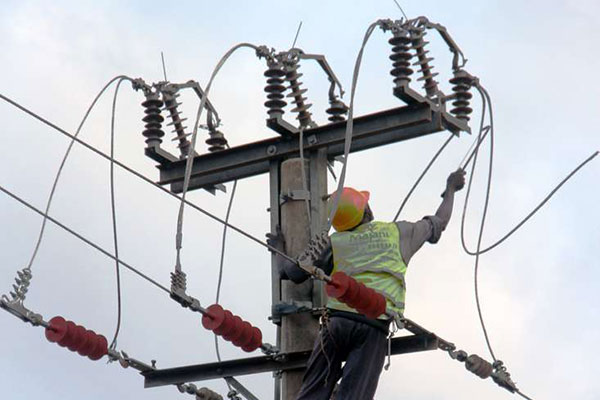
Uganda’s electricity distribution firm, has seen 2021 net profit more than triple to Shs139bn owed to increase in customer base and electricity sales. This is the similar profit earned in 2019 during the pre-COVID period.
Umeme recorded a 9% growth in customer base to 1.6million, leading to a double-digit growth in electricity sales from 3,201 GWh to 3,507 GWh.
“The growth in 2021 was driven by increased industrial demand at 11.5% from new and existing customers, 9% from medium and commercial customers, and 6.5 % from domestic customers,” the firm said in a statement.
“There was increased consumption of power by existing and new customers during the year due to improved distribution system stability because of continued capital investments and improved economic environment following the lifting of (COVID-19) restrictions.”
Last year, Umeme invested Shs 122.5 million (US$34.1million) in the electricity distribution network which included among others; Nakasamba power station in Entebbe, conversion of 28,000 post-paid customers to the Yaka prepaid system, line refurbishments in Fort Portal and Kisubi in Kampala South, and reconfiguring and supply stabilization in Nalya, Najjera, Buwate, Namugongo and the Ntinda belt.
The company’s energy losses for the year stagnated at mid-year levels of 18.0% compared to 17.5% in 2020 and 16.4% in 2019, the last full year before the impact and effects of Covid-19 pandemic.
Umeme’s revenue increased by 13.5% to Shs1, 885 billion compared to Shs 1,661 billion in 2020, driven by increased electricity sales and revenues from provision of electricity distribution construction services.
The gross profit increased from Shs 478.9 billion to Shs 642billion during the same period under review on account of improved operational efficiencies and underlying distribution margins.
Operating costs increased by 6.3% to Shs 239.8billion citing global conditions that resulted in inflationary pressures on key inputs, increased business operations in service delivery and network repair and maintenance costs.
Finance costs reduced by 20.3% primarily due to the reduction in interest rates and continued repayment of its term loan facilities. Umeme’s outstanding interest-bearing debt reduced from Shs 517billion in 2020 to Shs 336 billion following debt repayments of Shs 170billion during the year.
Executives have proposed a dividend payout of Shs 54.1 per share compared to Shs 12.2 per share paid last year subject to deduction of withholding tax. Meanwhile, the company’s share price has remained low at an average of 188 per share on USE compared to Shs275 per share during the Initial Public Offer 10 years ago.
This stellar performance comes at the time the government is in the process to amend the Electricity Act, paving the way for direct evacuation of electricity from generation to industrial firms.
Though the decision is in response to President Yoweri Museveni’s directive aimed to reduce electricity costs, it will deny Umeme a substantial amount of income.
Energy Minister, Ruth Nankabirwa recently said the Electricity Amendment Bill 2020 is already before parliament for approval.
“We have submitted to the committee, done clause by clause by the committee and we are waiting for the committee report… third reading and the bill will pass,” she said during her visit to Isimba hydropower dam March. 10.
Uganda generates more than 1,360MW of electricity and hopes to achieve nearly 2000MW this year with the switching on of Karuma Dam as the country races towards achieving 4,500MW of electricity by 2040 to promote industrial growth and export to the neighboring states.
Going forward, executives said the company remains committed to delivering on its mandate as enshrined in the concession agreements while delivering value to its stakeholders.
There is urgency in scaling the level of investments in the electricity distribution system to unlock suppressed demand, reduce technical losses, improve efficiencies, and increase grid connections in line with the National Development Plan.
The company said executives will continue to engage with the government for clarity on the future of the concession as the current one comes to an end in 2025.







